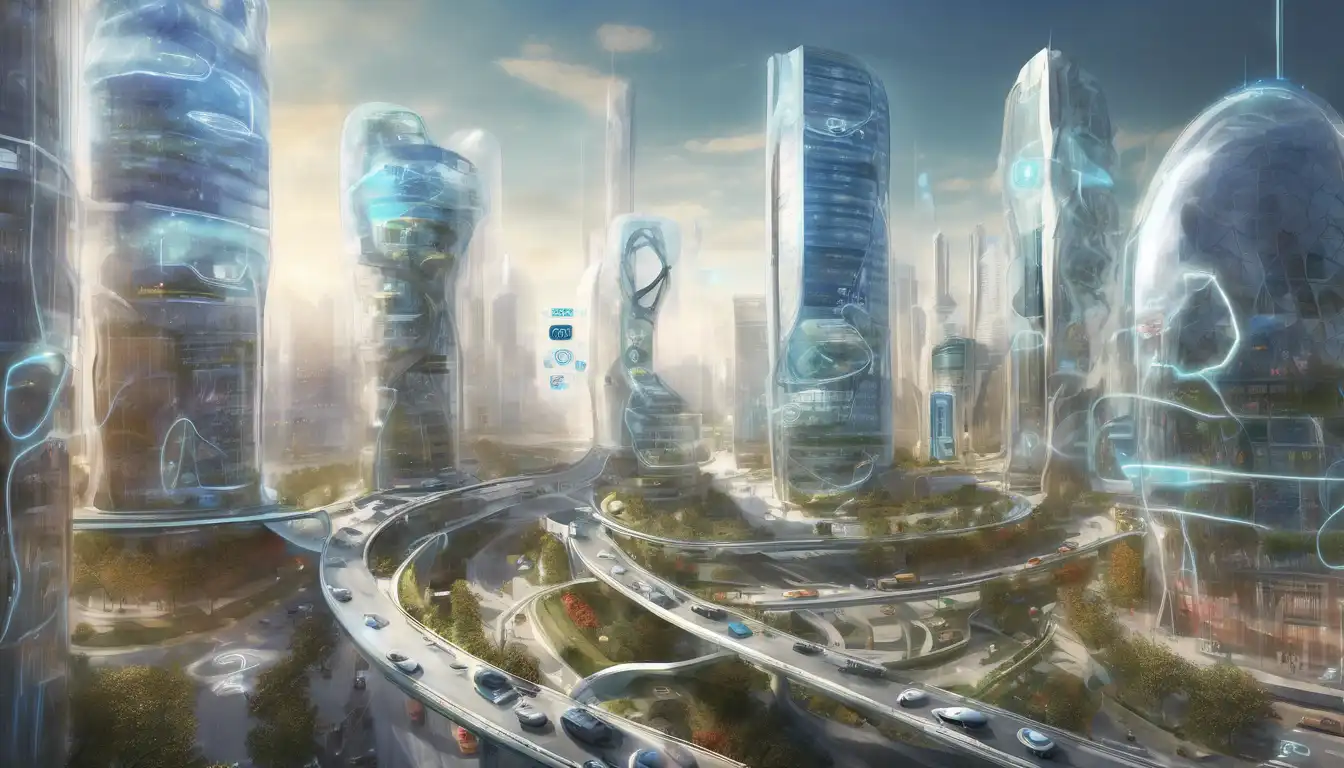The Role of IoT in Shaping Smart Cities
The Internet of Things (IoT) is revolutionizing the way we live, work, and interact with our urban environments. By connecting devices, sensors, and systems across cities, IoT is laying the foundation for smarter, more efficient, and sustainable urban living. This article delves into the transformative potential of IoT in smart cities, highlighting key applications, benefits, and challenges.
Key Applications of IoT in Smart Cities
IoT technology is being deployed across various sectors to enhance urban life. Some of the most impactful applications include:
- Smart Traffic Management: IoT-enabled sensors and cameras monitor traffic flow in real-time, reducing congestion and improving road safety.
- Energy Efficiency: Smart grids and meters optimize electricity usage, lowering costs and carbon footprints.
- Waste Management: Sensors in bins signal when they are full, streamlining collection routes and schedules.
- Public Safety: Surveillance systems and emergency response tools leverage IoT to enhance security and reduce crime rates.
Benefits of IoT in Urban Development
The integration of IoT into city infrastructure offers numerous advantages:
- Enhanced Quality of Life: From cleaner air to faster commutes, IoT makes cities more livable.
- Economic Growth: Smart cities attract businesses and talent, fostering innovation and job creation.
- Sustainability: IoT solutions help cities reduce waste, conserve resources, and combat climate change.
Challenges and Considerations
Despite its potential, the widespread adoption of IoT in smart cities faces several hurdles:
- Privacy and Security: The collection of vast amounts of data raises concerns over privacy breaches and cyberattacks.
- High Costs: Implementing IoT infrastructure requires significant investment.
- Interoperability: Ensuring different devices and systems work together seamlessly is a complex challenge.
The Future Outlook
As technology advances, the role of IoT in smart cities will only grow. Innovations in AI, 5G, and edge computing are set to unlock new possibilities, making cities more connected and intelligent than ever before. However, success will depend on addressing the challenges head-on, with a focus on security, sustainability, and inclusivity.
For more insights into how technology is transforming urban landscapes, explore our articles on urban development and sustainability.
